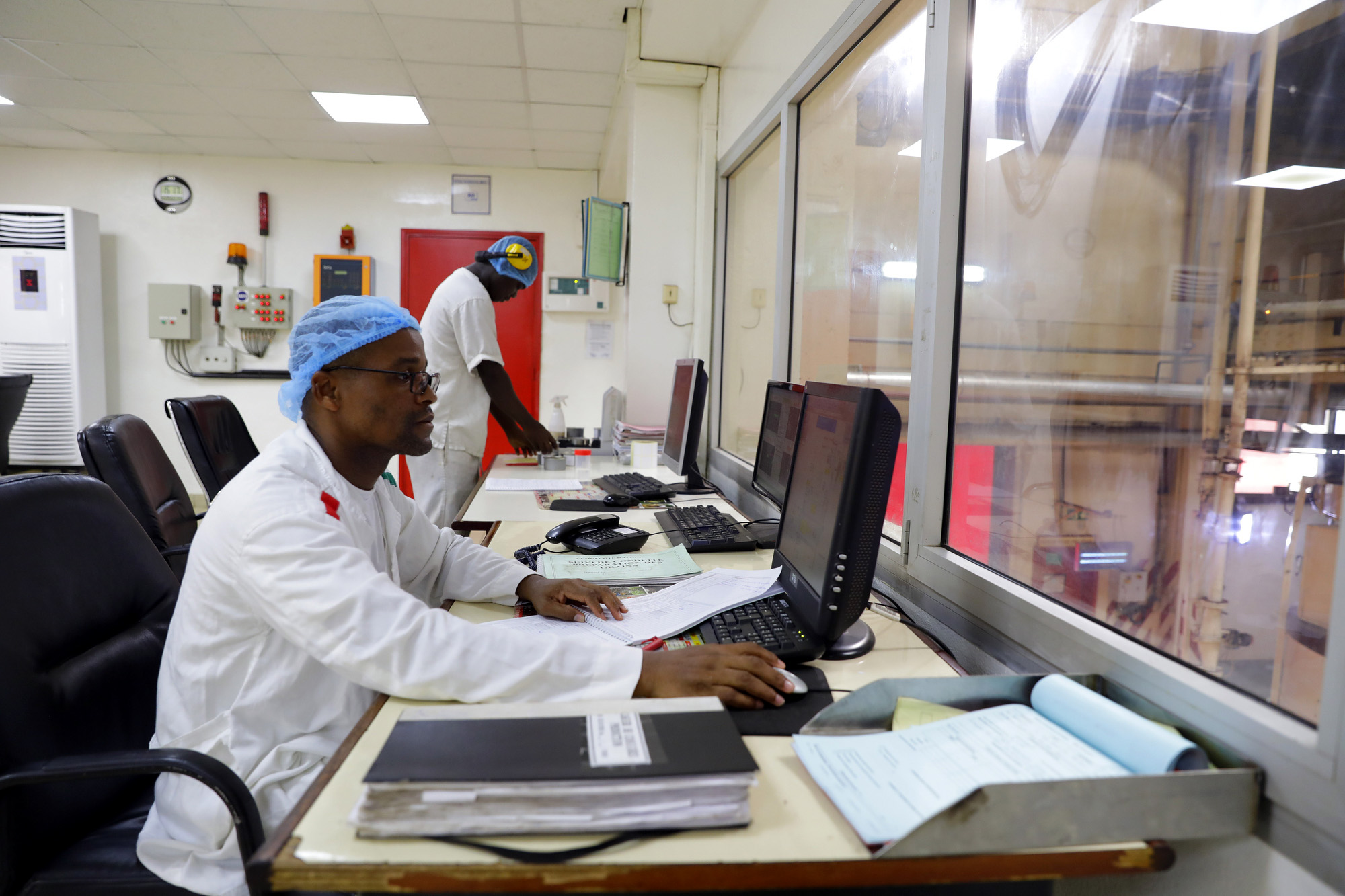Political situation Striving to achieve stability and development
However, notwithstanding these achievements, there is still a great need for reform, and the danger of conflicts being reignited still lingers.
This became evident most recently when presidential elections were held in October 2020. Following the sudden death of his designated successor, Prime Minister Amadou Gon Coulibaly, Ouattara again ran as presidential candidate for the governing party, RHDP. This decision led to protests, some of them violent, as the Ivorian constitution provides for a maximum of two terms as president. Ouattara won the election with 94 per cent of the vote.
The political dialogue between the government and the opposition that followed helped to defuse the political situation. As a result, when parliamentary elections were held in March 2021, all major political parties took part – for the first time in 25 years. The local and regional elections in September 2023 were largely peaceful. The governing party won them by a clear margin. By the end of 2025 Ouattara was reelected.
Great political challenges
Even though major steps for the country's stabilisation have taken place, there is still no in-depth dialogue for national reconciliation, and there has been no full criminal investigation of the human rights violations committed during the civil war (2002 to 2007) and during the crisis following the 2010 presidential elections.
The country also needs to establish an effective separation of powers, which requires a parliament with strong opposition parties and a reform of the judiciary, together with free media and mechanisms for resolving social conflict peacefully.
Further important tasks facing the government are fighting widespread corruption; fostering inclusive, environmentally sustainable economic growth to reduce poverty and social inequality; creating jobs; and protecting the environment and the global climate.
While the government has announced that the country will be decentralised, little progress has been made on this so far. Decentralisation could give the regions more political independence, and also provide economic opportunities.
In the northern parts of the country, policymakers and communities have to respond to a humanitarian challenge. Violent conflict and attacks by Islamist terrorist groups are displacing increasing numbers of people from Burkina Faso to the northern region of Côte d'Ivoire. By January 2026, the UN Refugee Agency (UNHCR) had registered more than 70,000 refugees from the neighbouring country. The border region has also been experiencing repeated terrorist attacks on government security forces.
As at: 03/02/2026
